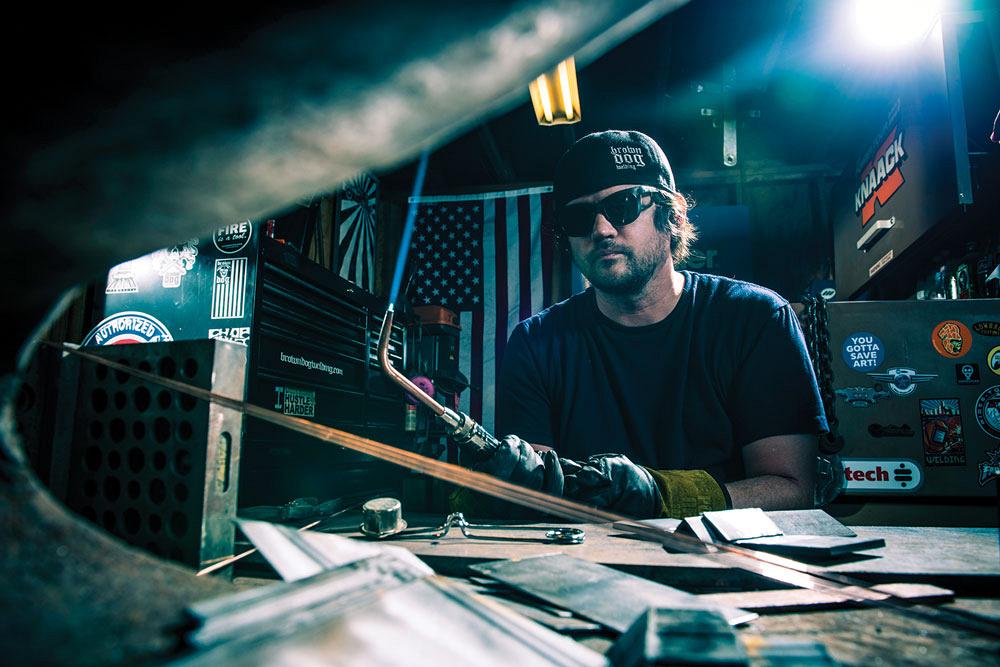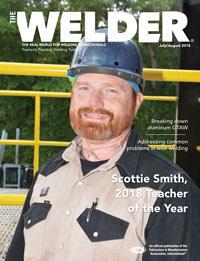Owner, Brown Dog Welding
- FMA
- The Fabricator
- FABTECH
- Canadian Metalworking
Categories
- Additive Manufacturing
- Aluminum Welding
- Arc Welding
- Assembly and Joining
- Automation and Robotics
- Bending and Forming
- Consumables
- Cutting and Weld Prep
- Electric Vehicles
- En Español
- Finishing
- Hydroforming
- Laser Cutting
- Laser Welding
- Machining
- Manufacturing Software
- Materials Handling
- Metals/Materials
- Oxyfuel Cutting
- Plasma Cutting
- Power Tools
- Punching and Other Holemaking
- Roll Forming
- Safety
- Sawing
- Shearing
- Shop Management
- Testing and Measuring
- Tube and Pipe Fabrication
- Tube and Pipe Production
- Waterjet Cutting
Industry Directory
Webcasts
Podcasts
FAB 40
Advertise
Subscribe
Account Login
Search
Admitting you don’t know everything is the key to learning
- By Josh Welton
- July 20, 2018
- Article
- Arc Welding
“There is nothing noble in being superior to your fellow man; true nobility is being superior to your former self.”—Ernest Hemingway
The late Tom Soley was a welder who could do it all. TIG, stick, gas, or MIG, it didn’t matter the material or the position, he handled it. He was an artist, an inventor, a fabricator, and a metallurgist. He was an instructor at the UAW/Chrysler Training Center during my time there, and he was very much a mentor to me in those early years. But as much as he was a teacher, he was also a student of the craft. The most important lesson he taught me was that no matter how much experience you have, there is always room to grow.
Tradespeople with a wide range of backgrounds and skill levels passed through Tom’s classes, and despite his more than four decades deep in the wild world of welding, if his students had a new idea or technique to share, he was all eyes and ears. If it was an ill-conceived idea he’d explain why and show them a better way, or maybe a couple of better ways. But if the trick had legs, he tried it out, usually mastered it, and added it to his proverbial “bag of tools.” That doesn’t happen if you don’t leave open the possibility of learning, which means admitting you don’t know it all.
Humility and welding do not typically walk hand in hand, and only a few people I’ve known mastered that balancing act the way Tom did. Like athletes, or fighter pilots, or rock stars, welders often have a certain swagger that only comes with the conviction in one’s own ability. To be a good welder you need to have a talent and vision that not all are born with, terrific hand-eye coordination, and experience that is gained only through hard work and time. There’s a lot to be proud of.
John Kacir, the head of Macomb Community College welding department, was one of the first people I ever saw don the mask. He was robotic as a welder. He once told me that almost every good welder he met had at least a certain amount of “arrogance.” But to be great, you have to understand your limitations. And everyone has limitations. The scope of what welding knowledge entails is too vast for any one person to know everything. It’s easy to say you’re willing to learn new things, but for some reason very few live and work with a mind open to new ideas, methodology, or even techniques. I believe we almost need a morning mantra to meditate on, like “I will learn today.” Otherwise, we all easily slip into grooves of complacency.
While some people are good at figuring things out from scratch, I’ve always learned best from hands-on instruction. Even just understanding how you come to understand something is so important. Humans are all wired differently; we all look at the world uniquely and respond to difficulties in our own way. Some people stay cool and collected and methodically break down barriers. Personally, I tend to be pretty stubborn and hot-tempered when I face an obstacle.
As a young millwright apprentice at Chrysler, I worked with a journeyman named Chris Bianco. He understood me and where I was at in my education and how I learned. I remember on one occasion we were working in the engine machining area’s gallery, which was basically the back part of the building where all the metal chips from the machining process were spit out and then taken away.
There were manganese chutes through which many tons of metal passed every day. They’d wear out and we’d patch them up to last until we could replace them. The process involved welding a lot of good sheet metal to eroding, paper-thin metal with 6010 electrodes. It wasn’t a crazy-hard weld, but 6010 is a sticky rod, it was out of position, and I was a kid without a lot of experience. I’d stick the rod to the plate, or blow through the metal, or otherwise make a mess of it, curse, and try again.
Chris was about 10 ft. away by the humming Trailblazer talking to another millwright as I was repeating this mad cycle over and over again.
The other millwright said to Chris, “Shouldn’t you go help him?”
“Not yet…” he said.
“Why not?”
“He’s not ready yet.”
“How will you know when he’s ready?”
About that time, I stuck the rod again, threw my helmet in anger, and tossed a few choice words at the metal as I stomped away and past them both.
“He’s ready now,” Chris said.
So Chris grabbed his helmet, picked up the stinger and a rod, and started welding on the chute like it was the easiest thing in the world. He never said anything to me because he knew I’d come around. And I did. I cooled down and returned to the scene of the crime and just watched him. He knew how my brain worked and that I wasn’t going to listen to reason until I exhausted my limited skill and patience. But when that time came, I was a quick study and he was a good teacher.
“I don’t know.”
It’s easy to say yet hard to admit. But getting to that point is the only way to grow.
About the Author

About the Publication
subscribe now
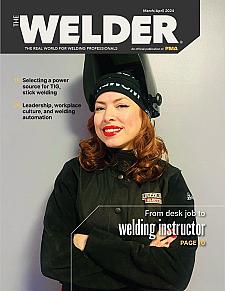
The Welder, formerly known as Practical Welding Today, is a showcase of the real people who make the products we use and work with every day. This magazine has served the welding community in North America well for more than 20 years.
start your free subscription- Stay connected from anywhere

Easily access valuable industry resources now with full access to the digital edition of The Fabricator.

Easily access valuable industry resources now with full access to the digital edition of The Welder.

Easily access valuable industry resources now with full access to the digital edition of The Tube and Pipe Journal.
- Podcasting
- Podcast:
- The Fabricator Podcast
- Published:
- 04/16/2024
- Running Time:
- 63:29
In this episode of The Fabricator Podcast, Caleb Chamberlain, co-founder and CEO of OSH Cut, discusses his company’s...
- Trending Articles
Sheffield Forgemasters makes global leap in welding technology
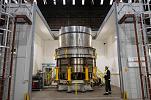
ESAB unveils Texas facility renovation

Engine-driven welding machines include integrated air compressors

How welders can stay safe during grinding
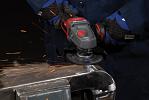
The impact of sine and square waves in aluminum AC welding, Part I
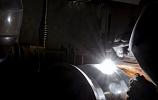
- Industry Events
16th Annual Safety Conference
- April 30 - May 1, 2024
- Elgin,
Pipe and Tube Conference
- May 21 - 22, 2024
- Omaha, NE
World-Class Roll Forming Workshop
- June 5 - 6, 2024
- Louisville, KY
Advanced Laser Application Workshop
- June 25 - 27, 2024
- Novi, MI
























